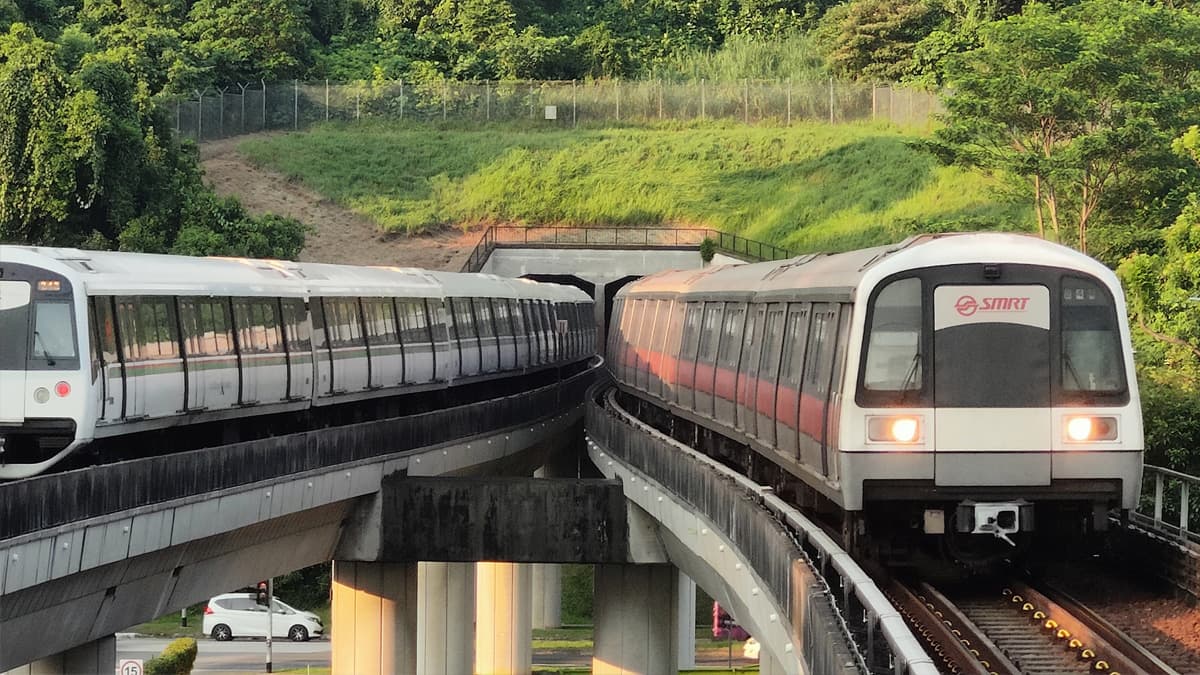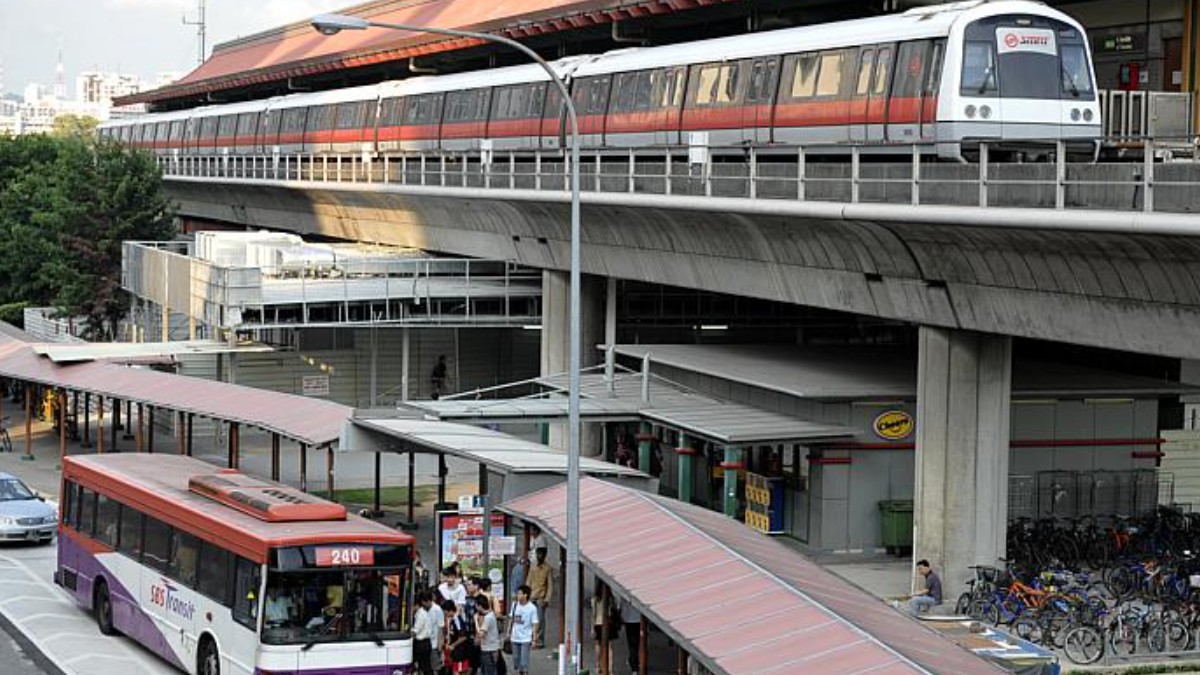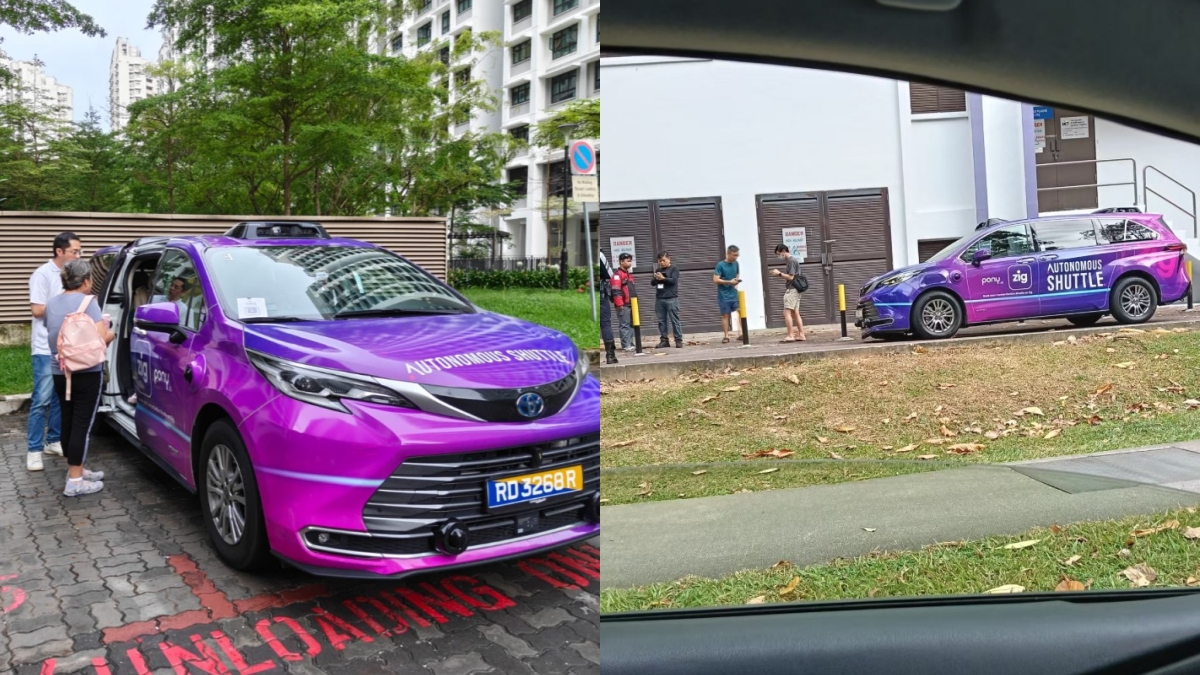Public transport fares to rise by up to 10 cents from 27 December
Public transport fares will rise by up to 10 cents from 27 December, as the Public Transport Council approves a 5% hike. The Government will provide over S$200 million in subsidies to moderate the impact, alongside reduced monthly pass prices and vouchers for lower-income households.

- From 27 December 2025, adult card fares for buses and trains will increase by 9 to 10 cents, as part of a 5% fare adjustment.
- The Government will provide over S$200 million in subsidies to defer most of the fare hike and maintain affordability.
- Monthly pass prices for concession groups will be reduced, and S$60 transport vouchers will support lower-income households.
Singapore’s public transport fares will increase by up to 10 cents per journey for adult card users starting 27 December 2025. The Public Transport Council (PTC) announced the fare hike on 14 October following its 2025 Fare Review Exercise.
The 5 per cent increase is lower than the 6 per cent rise granted in 2024. Adult card fares will increase by 9 to 10 cents, while cash fares will go up by 20 cents per journey. For students, the cash fare will rise by 5 cents, and by 10 cents for seniors and individuals with disabilities.
Concession card fares for journeys longer than 3.2km will increase by 3 to 4 cents, while shorter trips of 3.2km or less will remain unchanged. These concessions are fully funded by the Government, according to the Ministry of Transport (MOT).
The PTC stated that fare adjustments are necessary to address rising operating costs, including manpower and maintenance expenses, and to support the continued expansion of the transport network.
“The PTC recognises that any fare adjustment can be challenging for commuters, but it is a necessary step to ensure that our public transport system remains financially sustainable,” said PTC chairperson Janet Ang.
Despite rail operators SBS Transit and SMRT applying for the full allowable fare increase of 14.4 per cent, the PTC approved only a 5 per cent hike due to economic uncertainty and concerns over the cost of living.
To cover the deferred fare increase of 9.4 percentage points, the Government will provide over S$200 million in additional subsidies. This is on top of existing annual public transport subsidies of more than S$2 billion. According to the MOT, this equates to more than S$1 in subsidies for every public transport journey taken.
“This will allow us to provide high-quality bus and train services for Singaporeans in years to come,” said the MOT in a press release.
Alongside the fare increase, there will be changes to express bus service pricing for the first time since 2010. Adult card fares for these services will rise by 49 to 50 cents per journey. Concession card holders will see a 20 to 24 cent increase. Cash fare increases for express services will be 60 cents across the board.
The fare difference between express and basic bus services will increase by 40 cents for adults and 20 cents for concession groups. The PTC explained that this reflects the higher operating cost and service level provided by express services, which offer faster travel between residential areas and city centres.
To moderate the financial impact on frequent commuters, the PTC announced reductions in monthly pass prices. Adults will see their monthly pass cost reduced by S$6, while seniors will save S$3. The Government will also lower monthly pass prices for Workfare Transport Concession cardholders from S$96 to S$92, and for persons with disabilities from S$58 to S$55.
PTC encouraged regular commuters to consider these monthly passes to manage transport expenses amid the fare hike.
In addition, eligible lower-income households will receive S$60 Public Transport Vouchers (PTVs) under a two-stage distribution process. Households with a per-person monthly income of S$1,800 or below will qualify.
In the first stage, households that received a voucher during the 2024 PTV Exercise and remain eligible will automatically receive their 2025 voucher. Notification letters or SMS messages will be sent by end-December 2025.
In the second stage, starting in early 2026, other eligible households may apply online or at Community Centres. Vouchers can be redeemed via the SimplyGo app or at physical kiosks from 29 December 2025 and will be valid until 31 March 2027.
Members of the public can contact 1800-2255-663 or visit www.simplygo.com.sg for further information on concession schemes or voucher eligibility.
The fare increase will raise annual revenue by approximately S$115.5 million. SBS Transit Rail is expected to receive an additional S$17.6 million, SMRT Trains S$35.6 million, and services under the Land Transport Authority will see an increase of S$62.3 million.
Operators are required to contribute 20 per cent of their expected additional revenue—totalling S$10.65 million—to the Public Transport Fund, which finances transport vouchers and other commuter support measures.
The fare adjustment is based on a formula that takes into account inflation, wage growth, energy prices, and productivity factors. It is currently in its third year of use.
To address the lag between cost changes and fare implementation, the PTC has also revised the data period it uses for fare reviews. Starting from the next review, the reference period will shift from January–December of the previous year to July of the previous year through June of the current year. This change reduces the data lag by six months.
In line with these changes, this year’s fare review considered an 18-month period from January 2024 to June 2025.
The Government has also outlined long-term investments in the public transport system. These include:
-
The Bus Connectivity Enhancement Programme, which since 2024 has added 14 new services and enhanced 52.
-
A S$1 billion commitment over five years to strengthen rail asset management and workforce capabilities.
-
Upcoming rail expansions such as the West Coast Extension of the Jurong Region Line, and feasibility studies for the Seletar and Tengah lines.
The MOT affirmed that such investments are critical to maintaining a sustainable and reliable system while holding operators accountable to service and reliability standards.








